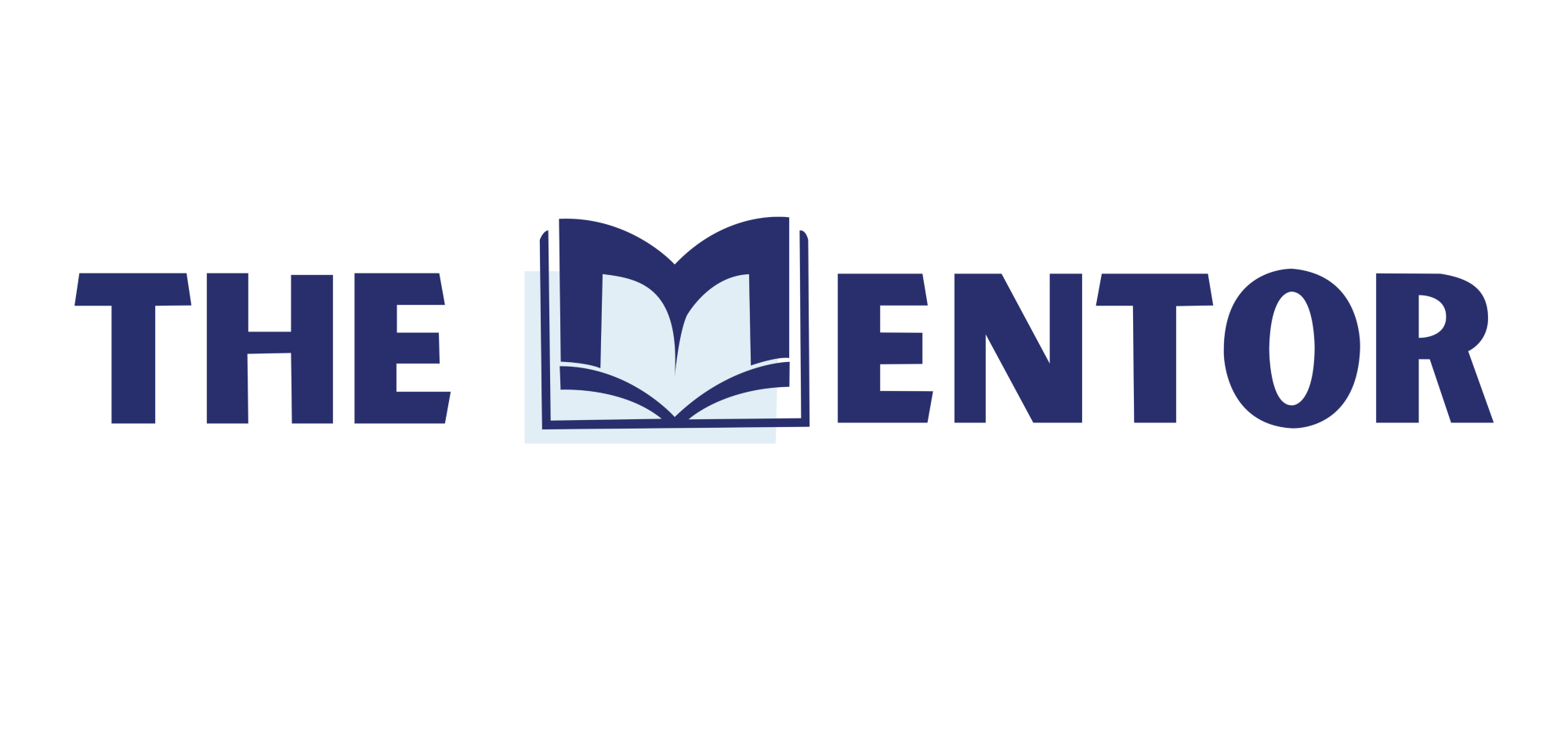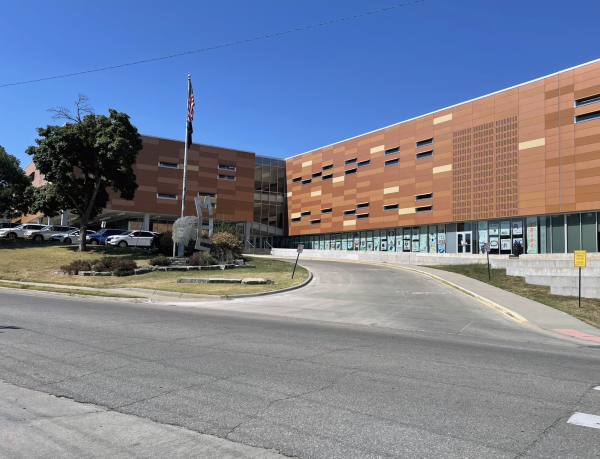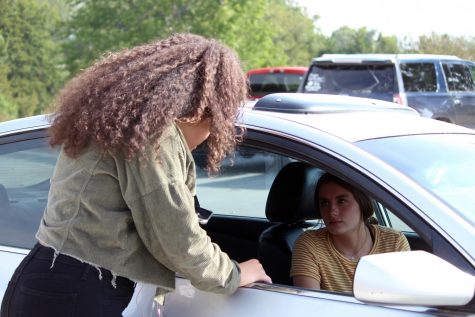Back to ‘normal’
As one could imagine, there are mainly two sides to the removal of masks decision — one being absolutely thrilled about this decision, and the other, not so much. The ones who are happy to see it go are looking forward to being a little more ‘normal’ at school again.
“Well, I mean, really, in the community masks have been optional for a long time,” English teacher Brad Ficke said. “So it will feel pretty normal, besides restaurants where you enter with a mask until you’re seated, but I want to give people the benefit of the doubt. I think they see the bigger picture and the reason why.”
Teachers and students’ desires for the removal of masks are very similar. They both are looking forward to seeing everyone’s faces and getting to know their peers. Having the ability to take masks off enables the privilege of getting to know peers for students, and for teachers, their students.
“I’m looking forward to seeing people’s whole faces, to not struggling, communicating and speaking without a mask. It’s much easier to teach when you can see people’s faces,” Ficke said.
Teachers especially are happy to be able to see the other half of their students’ faces, to see what they’re feeling and if they need assistance.
“It’s hard to get a read on some kids and they have different facial features; they show frustration sometimes and I can’t tell,” Ficke said. “Some kids have grown accustomed to the mask and use it as something to hide behind. Getting back to normal though, means communicating the way it would work best.”
When COVID-19 came around, everyone sat in isolation for numerous months, dreaming of the day when we would all see the world run smoothly or ‘normal’ again. Sadly, that day hasn’t come yet and it’s been nearly two years since the first case in the United States. However, since day one, the U.S. as a whole — economy, government, employment and overall wellness of U.S. citizens — has made significant improvement.
“I do [think that this is a good opportunity for the high school] based on the data,” Ficke said. “So if the data says that it’s safe and our district feels like it’s safe, I feel like it’s a good opportunity. I think it would be a good transition and a good opportunity for people to make educated decisions.”
Although many people are happy to see it go, they also have concerns about the removal and how students will treat this privilege.
“I honestly don’t know what to expect,” senior Kealyn Lhuillier said. “There is still so much unknown and unpredictable; never a ‘solve all’ solution with COVID-19.”






